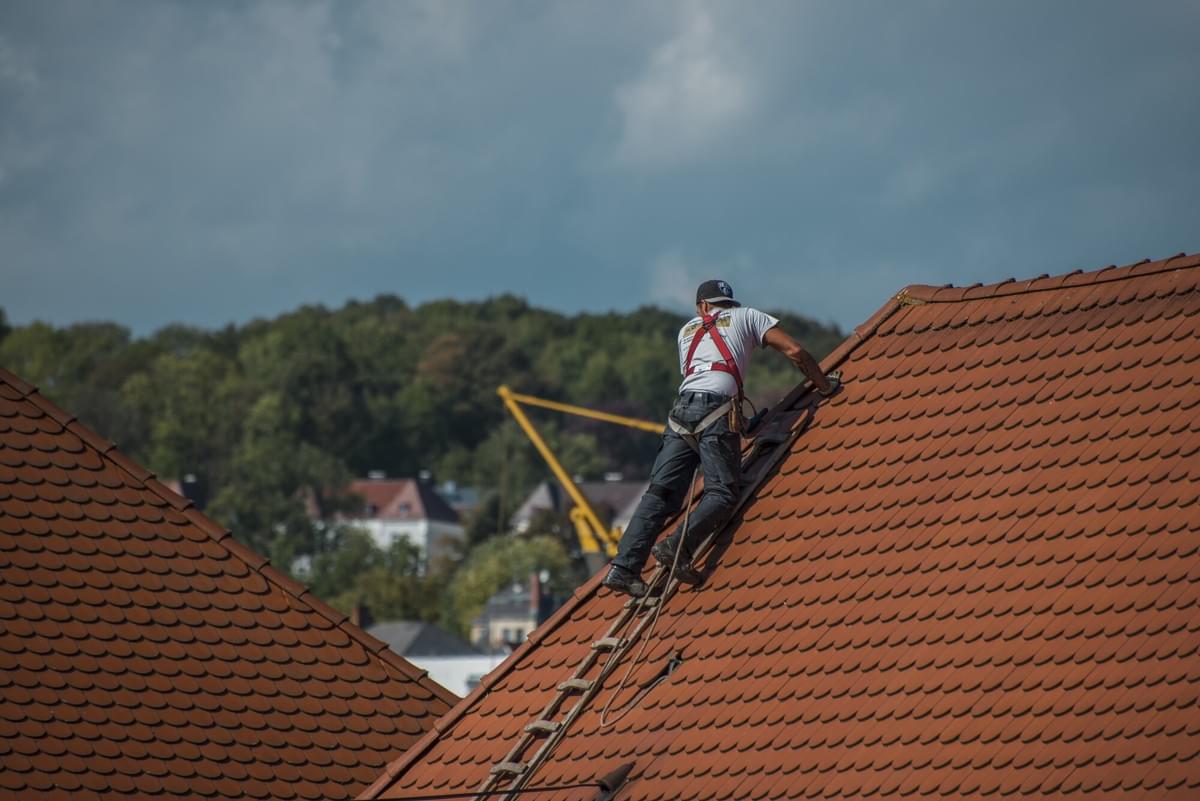
As a business owner in Dayton, OH, you understand the importance of maintaining a safe and secure commercial property. One of the most critical aspects of property maintenance is the roof, which provides protection from the elements and ensures the integrity of your building. However, commercial roof repair Dayton OH are prone to damage and wear, requiring regular inspections and repairs to prevent costly and potentially catastrophic failures. In this article, we'll explore the common issues that can arise with commercial roofs, how to identify them, and the best practices for addressing commercial roof repair needs in Dayton, OH.
Commercial roofs are designed to withstand the elements, but they're not immune to damage. Weather-related events, such as heavy rain, hail, and high winds, can cause significant damage to roofing materials, leading to leaks, cracks, and other issues. Additionally, commercial roofs are subject to wear and tear from daily use, including foot traffic, equipment movement, and debris accumulation. Over time, these factors can lead to premature aging, reducing the lifespan of your roof and increasing the risk of costly repairs.
One of the most common issues with commercial roofs is leaks. Leaks can occur due to a variety of factors, including damaged or missing flashing, worn-out seals, and clogged drains. If left unchecked, leaks can cause significant damage to your building's interior, including water damage, mold growth, and structural issues. In extreme cases, leaks can even lead to business disruptions and lost revenue.
Another common issue with commercial roofs is cracks and splits. Cracks and splits can occur due to thermal expansion and contraction, as well as physical damage from debris or equipment movement. If left unchecked, cracks and splits can allow water to seep into the roof, leading to leaks and further damage.
In addition to leaks and cracks, commercial roofs are also prone to other issues, including:
* Ponding water: Water accumulation on the roof surface can lead to mold growth, structural damage, and other issues.
* Debris accumulation: Leaves, branches, and other debris can clog drains and cause water to back up, leading to leaks and damage.
* Animal infestation: Animals, such as squirrels and birds, can cause damage to roofing materials and create holes for entry and exit.
* UV damage: Prolonged exposure to UV rays can cause roofing materials to degrade, leading to cracks, splits, and other issues.
So, how can you identify and address commercial roof repair needs in Dayton, OH? The first step is to conduct regular inspections of your roof. This can be done by a trained professional or by conducting a self-inspection. Look for signs of damage, including leaks, cracks, and splits, as well as debris accumulation and animal infestation.
If you identify any issues during your inspection, it's essential to address them promptly. This may involve repairing or replacing damaged roofing materials, cleaning debris from drains, and sealing cracks and splits. In some cases, it may be necessary to perform more extensive repairs, such as replacing a section of the roof or installing a new roof.
In addition to regular inspections and repairs, there are several best practices you can follow to extend the life of your commercial roof and prevent costly repairs. These include:
* Regularly cleaning debris from drains and gutters
* Inspecting and repairing damaged or missing flashing
* Sealing cracks and splits promptly
* Installing a roof coating or sealant to protect against UV damage
* Conducting regular maintenance and inspections to identify and address issues early
In conclusion, commercial roofs are prone to damage and wear, requiring regular inspections and repairs to prevent costly and potentially catastrophic failures. By identifying and addressing common issues, such as leaks, cracks, and splits, you can extend the life of your roof and prevent costly repairs. By following best practices, such as regular cleaning, inspections, and maintenance, you can ensure the integrity and safety of your commercial property.